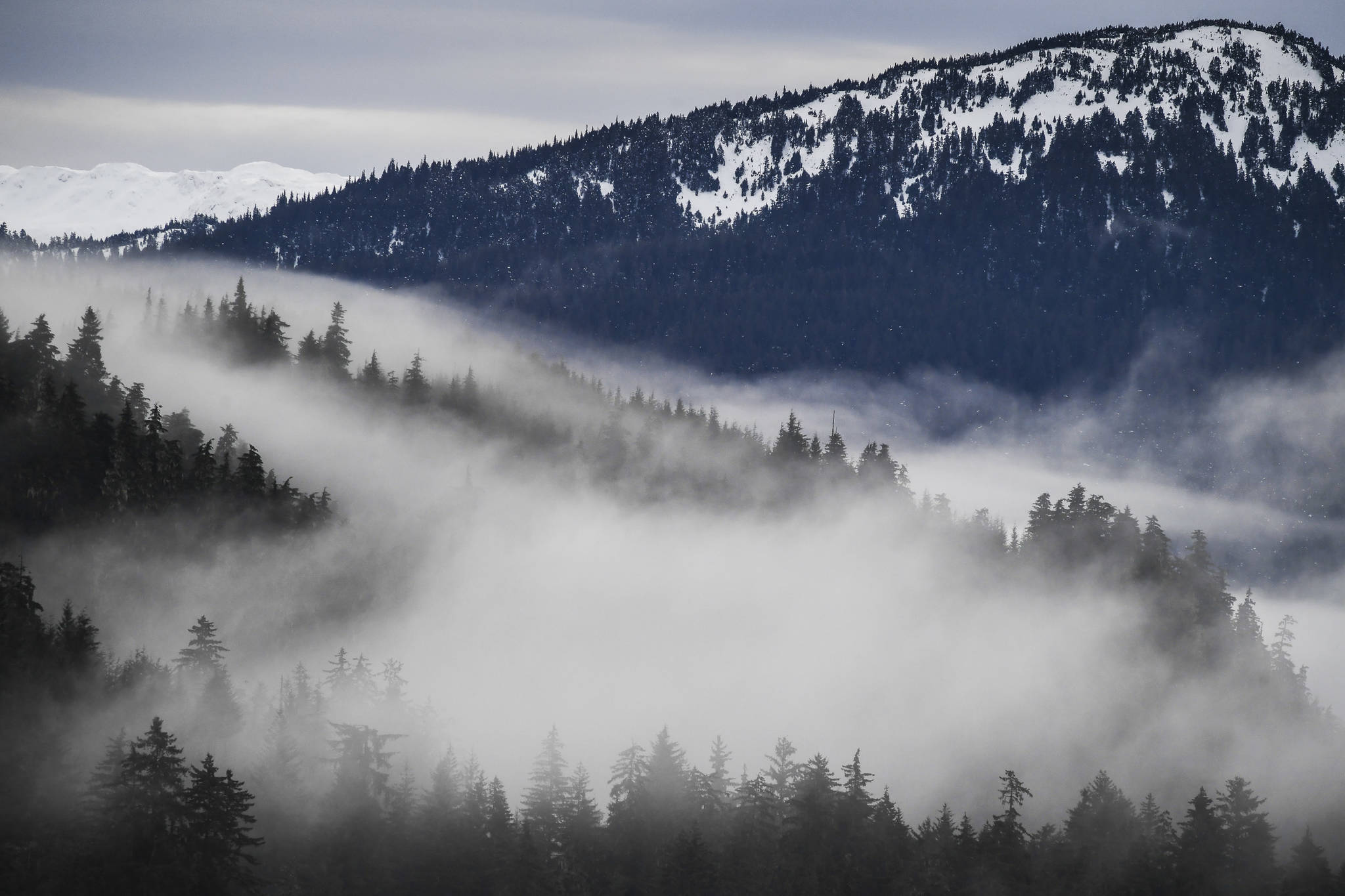As the fall harvest season comes to a close, it’s time for our annual reorganization of the chest freezer. As I donned insulated gloves and moved the oldest vacuum-sealed packages to the top last night, I was struck by how much of what my family eats comes from our backyard. There’s a section for deer (that still has some space!), another for salmon (both fresh and smoked), another for ducks and grouse. We are lucky to have a few exotics in there this year — my son got a caribou up North, as well as some partridge from a hunt in the Lower 48 — but year-in and year-out, we eat wild food from the Tongass National Forest. It’s literally who we are.
As a chorus of voices from Southeast Alaska has stated in these pages since the U.S. Forest Service proposed exempting Alaska from the Roadless Rule earlier this fall, the rule has helped conserve key areas of the Tongass from the predictable impacts of industrial old-growth logging, in the process supporting healthy habitat for the deer, fish and birds that we put on the table.
Given the ubiquity of similarly filled chest freezers, it’s not surprising that most Southeast Alaskans think the Roadless Rule is working.
Commercial fishing groups have come out in force against the proposed rollback. Regional tribal groups, representing those who have been living off this land since time immemorial, have voiced strong opposition. The tourism industry has been outspoken; city assemblies are chiming in to let everyone know they think the Roadless Rule is working. Even long-time Forest Service leaders have proclaimed the rule to be effective. Save for the handful of employees of the last surviving old-growth timber mill in the region, almost everyone agrees the Roadless Rule is working.
It’s working because the rule not only protects the fish and wildlife we rely on to feed our families in Southeast, but it also was set up in a reasonable way to allow our communities to conduct the development activities we need. Small hydro-projects, roads to connect villages to regional electrical grids, small timber sales, mining exploration projects — all are totally possible under the current Roadless Rule. In fact, every single one of the 58 proposed exemptions to the rule for similar projects has been permitted. What isn’t possible under the current rule is industrial-scale clearcut logging in the small but ecologically critical remaining portions of old-growth that matter most for producing robust populations of deer, healthy runs of fish, and that constitute the amphitheater for my favorite forest performers, the spring-hooting sooty grouse.
The proposed Alaska exemption to this rule is simply an effort to revive an old-growth logging industry that cost taxpayers millions in subsidies during the late twentieth century hey-day of tree cutting and that has been kept on government-sponsored hospice care for the last two decades. Logging only works here in our temperate rainforest with tremendous financial inputs from taxpayers like you and me. (Taxpayers for Common Sense estimates that we subsidized the Tongass timber program in excess of $30 million per year or over $600 million over the past 20 years). While I believe sustainable timber harvest is not only possible but necessary for the Tongass, the roll back of the Roadless Rule does not mark a path toward this important goal.
As others have stated so clearly, the trees — like us, literally made of salmon — are far more valuable as a cornerstone link in an ecosystem than the forest products that could be harvested.
So I hope you take the time to comment on the USFS’s proposal sometime before the fast-approaching Dec. 17 deadline, letting them know you support the no-action alternative. No action on the Roadless Rule is the best action for family chest freezers throughout the region.
• Kevin Maier is raising two outdoor-loving boys in Juneau. Columns, My Turns and Letters to the Editor represent the view of the author, not the view of the Juneau Empire.

